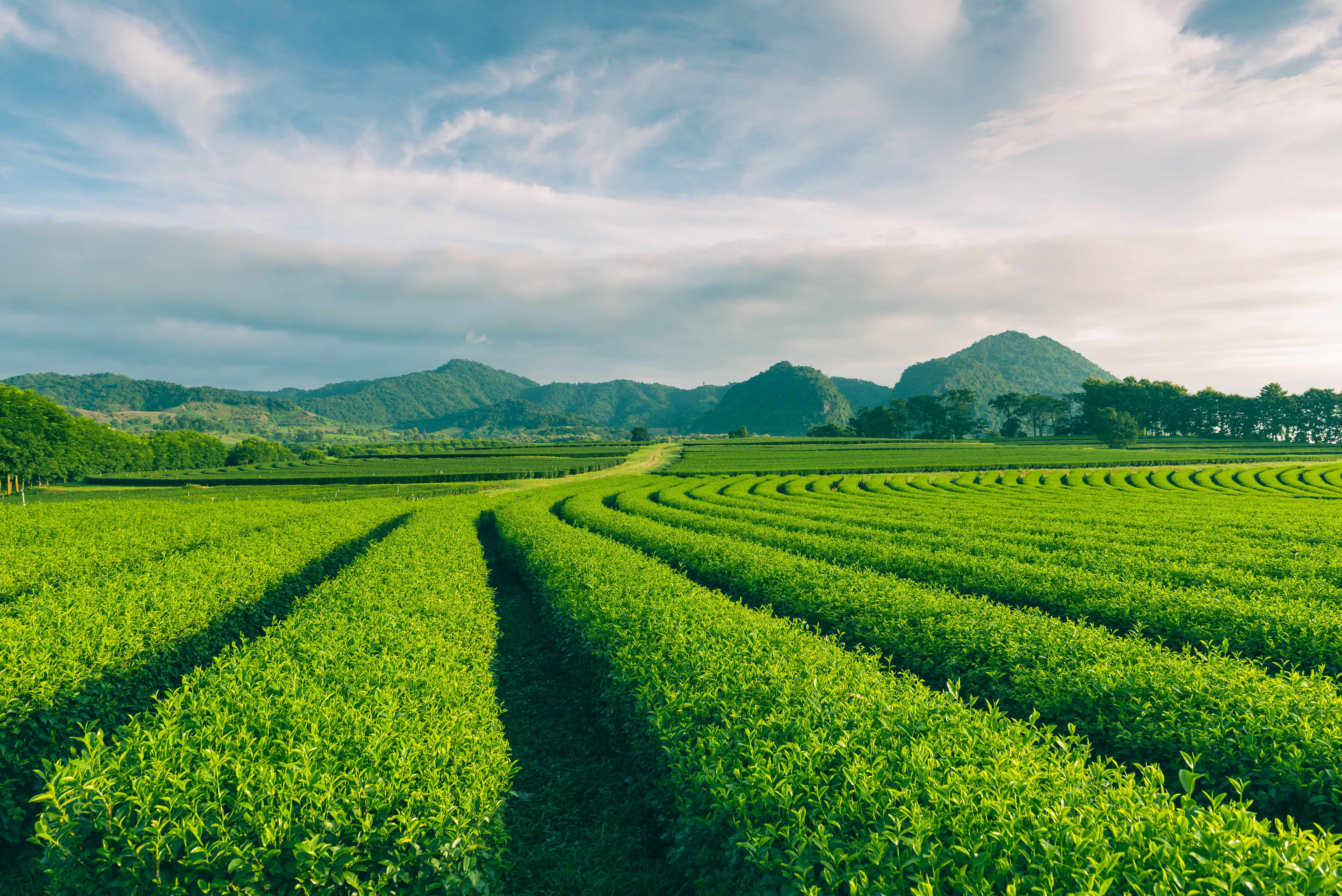Peak Recruit's insights into Food and Beverage Recruitment in Cambodia
Located in the southern half of Southeast Asia’s Indo-Chinese Peninsula, Cambodia has a population of more than 17 million people. Food production in Cambodia is a key contributor to the country's economy, with agriculture making up a significant portion of the country's GDP. Rice is the main staple food in Cambodia, with the country being a major producer and exporter of the grain. Other important crops include cassava, maize, and vegetables.
In recent years, there has been a trend towards the industrialisation of food production in Cambodia, with a number of food processing industries emerging. These industries have helped to boost the country's food supply chain, improving the efficiency and reliability of food distribution throughout the country. As such, there has been an increase in demand for food and beverage industry recruitment in Cambodia.
The challenges faced by Cambodia’s food and beverage industry
The food supply chain in Cambodia is complex, with a mix of small-scale farmers, medium-sized producers, and large-scale industrial operations all playing a role. There are a number of organisations and initiatives aimed at improving the efficiency of the supply chain, including the development of cold storage facilities and the use of technology to track and monitor the movement of goods.
Despite these efforts, food security remains a major challenge in Cambodia, with a significant portion of the population still experiencing food insecurity. This is due in part to the country's reliance on a narrow range of crops, which makes it vulnerable to fluctuations in prices and weather conditions. Additionally, the lack of infrastructure and access to credit can make it difficult for farmers to invest in the equipment and technology needed to increase productivity.
To address these challenges, the government and various organisations have implemented a number of initiatives aimed at improving food security. These include the expansion of irrigation systems, the development of alternative crops, and the promotion of sustainable farming practices. There are also programs aimed at providing training and support to small-scale farmers, helping them to increase their productivity and improve their livelihoods.
In conclusion, food production in Cambodia is an important contributor to the country's economy, with a mix of small-scale farmers and large-scale industrial operations working to produce a range of crops. While there have been efforts to improve the efficiency of the food supply chain and address issues of food security, these challenges remain a major concern in the country and so it’s clear that an increase in food and beverage industry recruitment in Cambodia will play an important part in improving the situation.
Cambodia’s diverse food culture
Cambodia's food and beverage industry has a long and rich history, with traditional dishes and cooking techniques that have been passed down through generations. In recent years, the industry has undergone significant growth and development, with an increasing number of local and international restaurants, cafes, and other food and beverage outlets popping up throughout the country.
One of the most notable features of Cambodia's food and beverage industry is the prevalence of street food. In cities and towns across the country, vendors set up stalls and carts selling a wide variety of dishes, including grilled meats, noodle soups, and stir-fries. Street food is an important part of Cambodian culture, with many locals and tourists alike enjoying the opportunity to try a variety of different dishes and flavours.
In addition to street food, Cambodia is also home to a number of fine dining establishments, with many offering a mix of traditional Khmer dishes and international cuisine. There is a growing trend towards fusion cuisine, with chefs combining traditional ingredients and cooking techniques with those from other parts of the world.
The beverage industry in Cambodia is also thriving, with a range of local and international beers, wines, and spirits available. The country is home to a number of microbreweries, producing craft beers that have gained a devoted following among locals and tourists alike. In recent years, there has also been a surge in popularity of coffee culture, with a number of independent cafes and coffee shops popping up in cities and towns across the country.
The future outlook for Cambodia's food and beverage industry is bright, with the industry expected to continue its strong growth in the coming years. The increasing number of tourists visiting the country is a major factor driving this growth, as more and more people come to experience the country's unique food and culture.
As already mentioned, there are also a number of initiatives and initiatives aimed at supporting and promoting the industry. For example, the government has implemented policies aimed at supporting small and medium-sized businesses, including those in the food and beverage sector. Additionally, there are a number of organisations and groups working to promote local produce and ingredients, helping to support local farmers and boost the industry as a whole.
Will food and beverage industry recruitment consultants in Cambodia see an increase in demand in 2023?
Recruitment for jobs in Cambodia's food and beverage industry is expected to be strong in 2023, with a range of opportunities available for skilled and experienced candidates. In particular, there is likely to be demand in areas such as supply chain management, logistics, management and agri-tech.
At Peak Recruit we have many years of expertise in providing specialist recruitment services to food and beverage businesses and candidates throughout the Asia Pacific region. To find out more about our services, please get in touch to speak to one of our food and beverage recruitment consultants working on recruitment in Cambodia.

